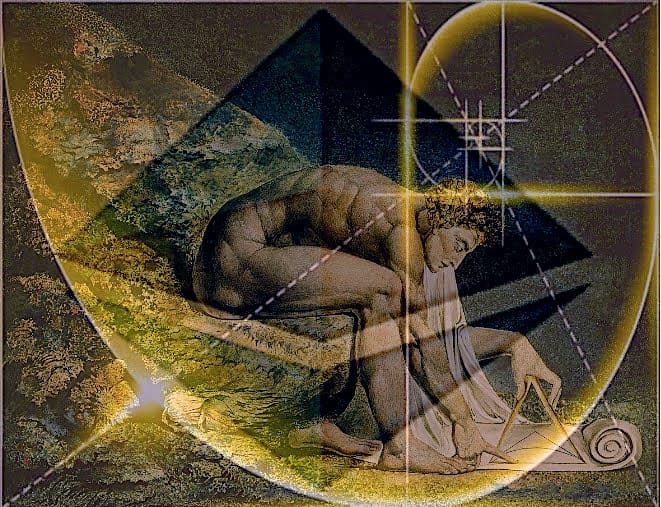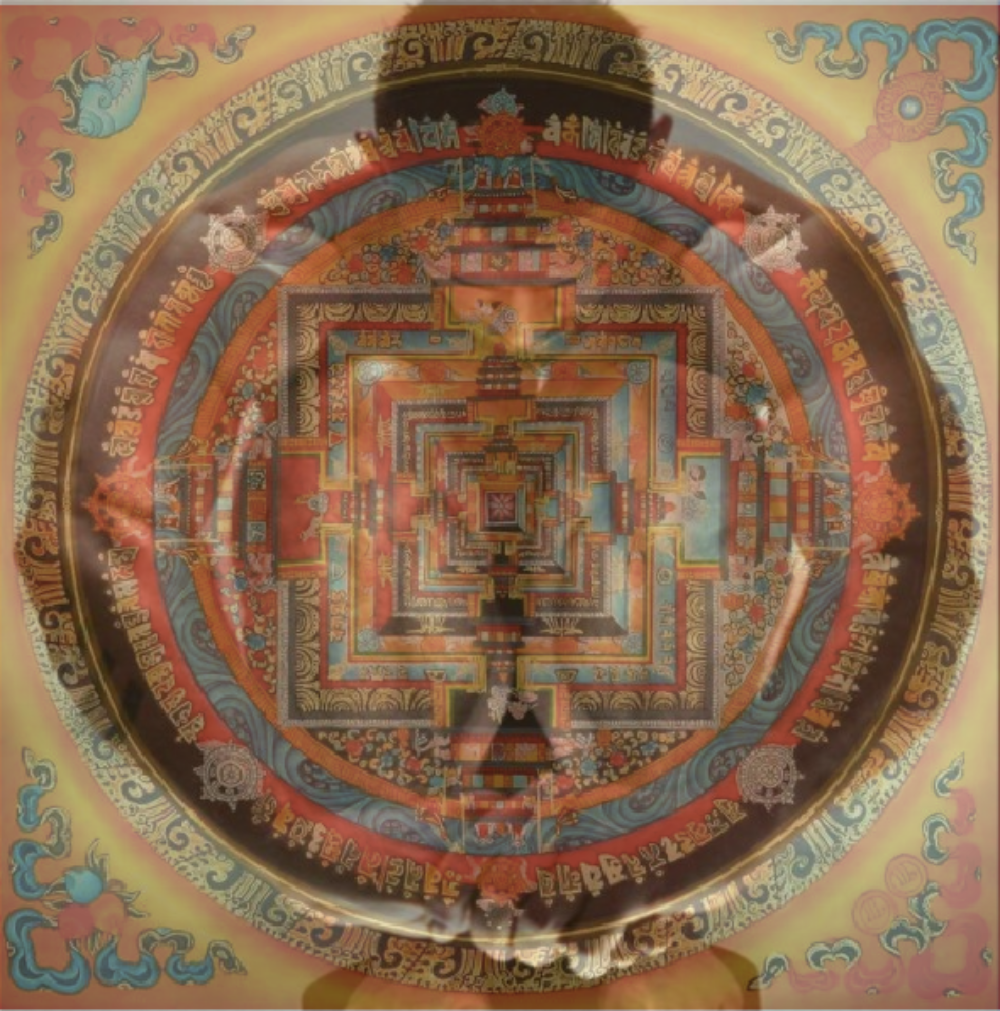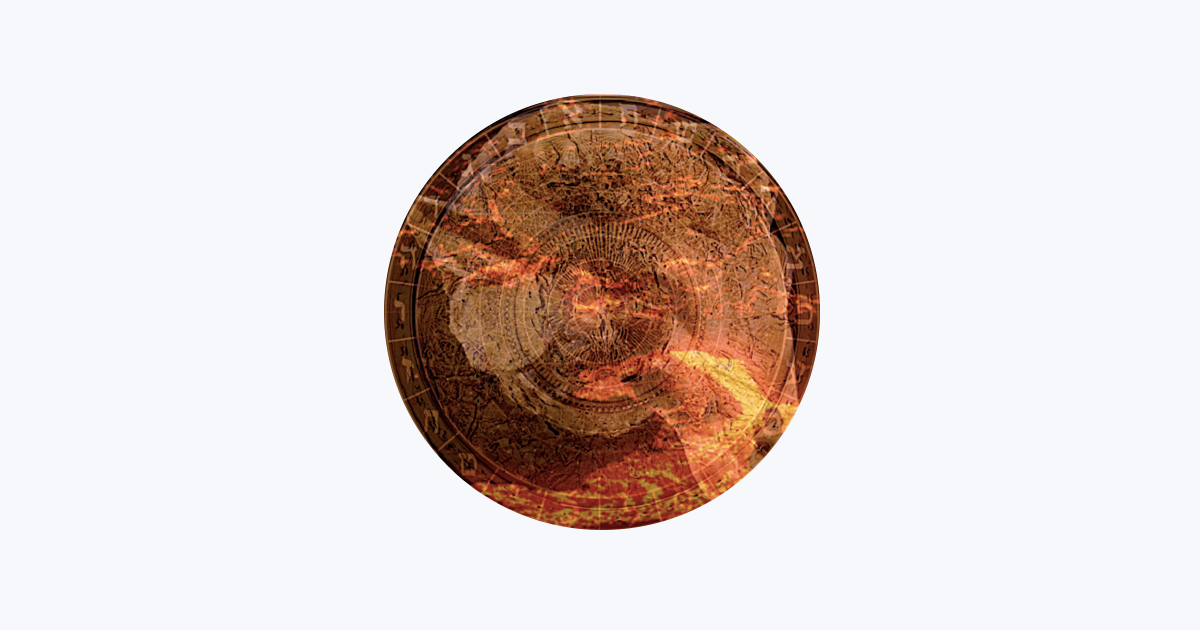Cajun Dead et le Talkin’ Stick: The Most Radical Acadian Playlist in Decades
Claude Edwin Theriault's Cajun Dead et le Talkin’ Stick playlist is revolutionizing Acadian music with raw lyrics, far from kitchen party cliché.


Cajun Dead et le Talkin’ Stick: Theriault's Genre-Bending Sonic Uprising
Contemporary French Canadian artist Claude Edwin Theriault is shaking the dust off Acadian music’s old guard with his boundary-smashing project “Cajun Dead et le Talkin’ Stick.” Far from your standard spoon-slapping kitchen party fare, Theriault fuses esoteric archetypes, rural grit, and spoken-word resistance lyrics into a playlist that reads like both a cultural indictment and a healing ritual.
With this project, Theriault boldly dismantles the sanitized “Franco pride” music formula and dares to sing what most rural artists only whisper—the real, raw social issues plaguing forgotten communities. It is a countercultural soundscape that evokes the spirit of the Grateful Dead, infusing jam-band energy with Acadian storytelling for a wholly original, rebel-art playlist.

Cajun Song Catalogue
Beyond the Kitchen Party: A Music Movement, Not a Heritage Rehash
The majority of contemporary Acadian music remains frozen in time, serving up a reheated platter of folklore, fiddles, and nostalgic nationalism. While that has its place, it risks ignoring the present pain of displaced, disconnected Acadian youth and rural communities in crisis.
Theriault’s Cajun Dead et le Talkin’ Stick is the antidote to this artistic stagnation.
This isn’t music for your grandparents’ lobster boil. It’s a playlist built for those questioning identity, navigating post-colonial trauma, and fighting to be heard beyond the Congrès Mondial Acadien’s curated narrative.
From tracks that are quite different, Theriault calls out cultural suppression, environmental collapse, and institutional neglect—a far cry from the accordion-and-smile trope.

Lyrics as Land Claims: Reclaiming Rural Identity through Verse
Theriault’s lyrical style is more mantra than melody. His words function like oral petitions, often invoking Indigenous land sovereignty, economic precarity, and the weaponization of heritage tourism.
Where most Acadian artists rely on safe rhymes and prideful choruses, Theriault’s lyrics serve as cultural testimony. His use of the Talkin’ Stick, both symbolically and rhythmically, becomes a channel for marginalized truths.
Lines like:
“They paved our heritage for a Grand Pré Cajun Theme park / We harvest ghosts, not GDP / And they still want us to smile in plaid for CBC.”
aren’t just poetic—they’re revolutionary dispatches from an Acadia most would rather forget.
A New Playlist for a Post-Reset Acadia
As society barrels toward a Great Reset 2030 reality, Theriault understands that traditional Acadian music is not equipped to soundtrack the coming storms—climate collapse, housing inequality, and rural depopulation.
That’s why Cajun Dead et le Talkin’ Stick feels like a prophetic field recording. It’s the sound of Acadian identity not preserved, but evolving.
Blending ambient synths, Creole percussions, archival samples, and AI-generated loops, Theriault’s sonic world builds bridges between the ancestral and the algorithmic. Think of it as “post-folk resistance with a LAN cable.”
In doing so, Theriault doesn’t abandon tradition—he reprograms it for a new generation of hybrid, disillusioned Acadian youth.

From Margins to Mainstream: The Cultural Urgency of Cajun Dead
What makes Cajun Dead et le Talkin’ Stick so urgent isn’t just its aesthetic innovation—it’s the emotional weight behind it. Theriault is a queer, neurodivergent artist from the fringes of the Acadian diaspora, and his work channels that lived complexity.
His music isn’t performative pride—it’s survival art.
Where the dominant Acadian music industry celebrates unity, Theriault’s playlist insists on truth-telling—even when it fractures the myth of a “happy francophone tourist brochure family.”
The fact that no major festival has embraced Cajun Dead et le Talkin’ Stick only underscores how radical and necessary it is. In a landscape curated by bureaucrats, folklorists, and tourist boards, Theriault is the sonic insurgent Acadia didn’t know it needed.

FAQs: Answering Your Questions About Theriault’s Revolutionary Music Project
1. What is “Cajun Dead et le Talkin’ Stick”?
It’s a multimedia music playlist by Claude Edwin Theriault blending Acadian folk, spoken word, and jam-band rebellion with social commentary. It's a hybrid of music, performance art, and cultural activism.
2. How is it different from traditional Acadian music?
Unlike typical “pride and kitchen party” tracks, this project critiques Acadian cultural erasure, tackles rural socio-political issues, and uses modern digital production, far from the nostalgic, celebratory tone of mainstream Acadian music.
3. Who is Claude Edwin Theriault?
A contemporary French Canadian artist known for esoteric-inspired artworks and multidisciplinary projects. He’s a cultural provocateur using visual art, lyrics, and NFTs to challenge mainstream narratives.
4. Where can I listen to Cajun Dead et le Talkin’ Stick?
The playlist is expected to be available on platforms like Bandcamp, YouTube, and Spotify under the MBF-Lifestyle brand. Follow Theriault’s official site for release updates.
5. Why is this project considered controversial?
Because it defies the official narrative, Theriault’s music calls out Acadian elitism, rural oppression, and cultural censorship in ways that upset the heritage-status quo—but that’s exactly why it matters.
Conclusion: Not Your Grandfather’s Fiddle Reel
Cajun Dead et le Talkin’ Stick isn’t just a music project—it’s a cultural mutiny.
In an era where mainstream Acadian identity is packaged for state funding and tourist optics, Claude Edwin Theriault dares to create music with backbone. Through confrontational lyrics, avant-garde production, and spiritual grit, he’s crafting a playlist of protest and reclamation.





